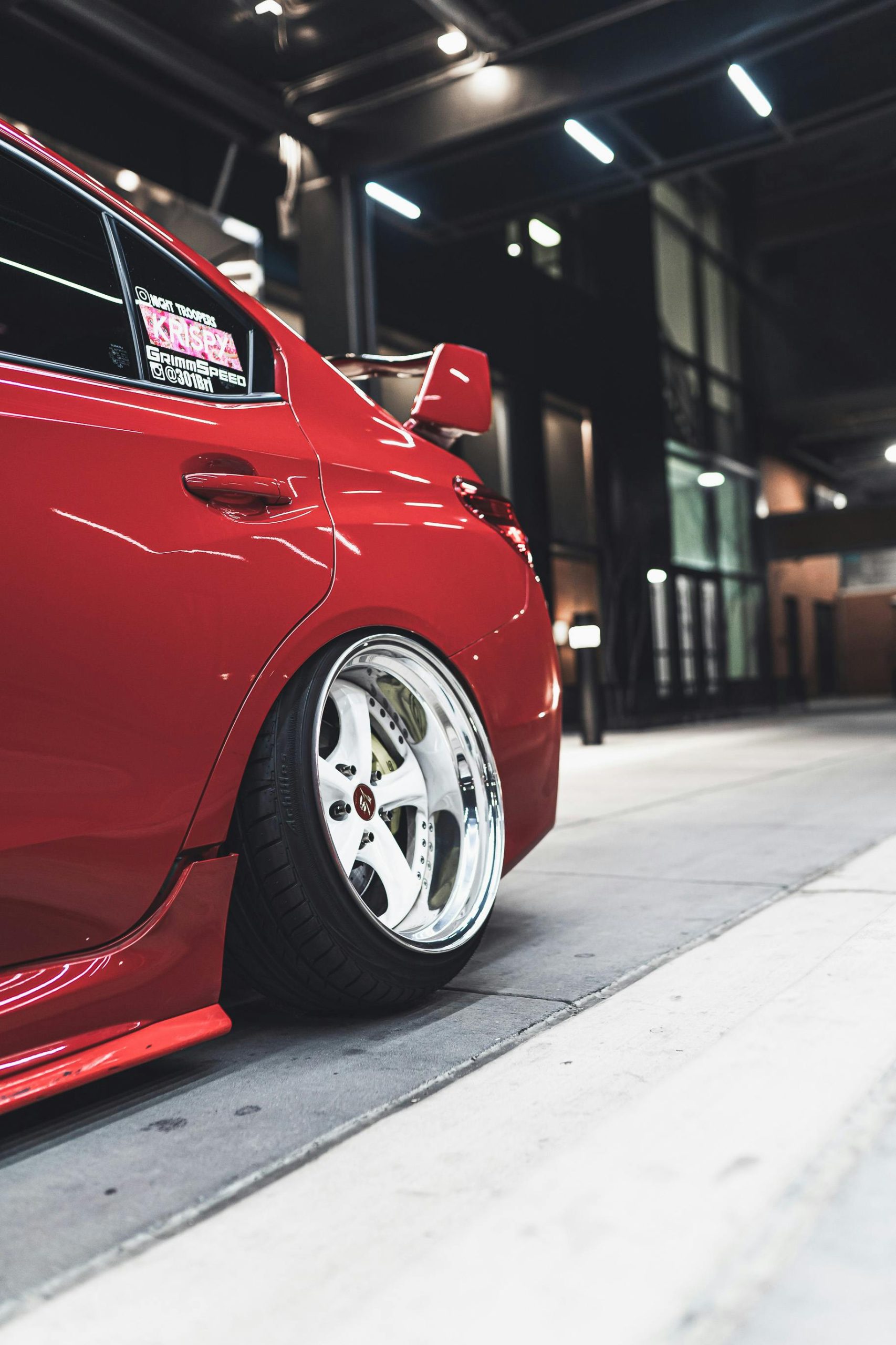Navigating the Aftermath of a Drunk Driving Incident: What Are Your Options?
Recently, I experienced a car accident that has drastically impacted my life. One ordinary evening, after returning home from work, I parked my vehicle as usual in front of my residence. Within ten minutes, a driver under the influence of alcohol collided with the rear of my car, causing significant damage to the entire back end.
Residing in Minnesota and relying on my vehicle for work—specifically, delivering wedding cakes—this incident has turned my life upside down. The intoxicated driver was promptly arrested, yet dealing with the aftermath has been a challenge. Their insurance provider, The General, has been unresponsive, while my insurer, State Farm, has been more cooperative.
Unfortunately, my insurance coverage only reimburses roughly 75% of my car’s current value, leaving me approximately $4,000 short on my auto loan. I was unaware of what gap insurance was at the time of purchasing my vehicle; therefore, I am unable to leverage such coverage now.
This situation feels fundamentally unfair. I am being financially burdened for a vehicle I no longer possess simply because another individual chose to drive intoxicated. Given my current financial constraints, purchasing a new car isn’t feasible, and my work depends heavily on having a reliable vehicle.
Am I out of options, or are there avenues I haven’t yet explored? Any guidance or suggestions would be greatly appreciated. Thank you.
Update: After some clarification, I realize that my insurance is covering the actual cash value of the car. Does the condition of the tires, such as being brand new, influence the payout? I’m uncertain about how these details are factored into the settlement.
Navigating Vehicle Loss Due to Drunk Driving: Tips and Resources
Experiencing the loss of a vehicle due to someone else’s reckless decision can be overwhelming, especially when financial responsibilities remain. If you find yourself in this situation, here are some steps and considerations to help you move forward:
-
Understand Your Insurance Coverage:
Review your policy to know what is covered. Typically, insurance pays the actual cash value (ACV) of your vehicle at the time of the accident, accounting for depreciation and condition. -
Explore Gap Insurance:
If you still owe more on your loan than the vehicle is worth, gap insurance can cover the difference. Since you didn’t have it initially, consider whether purchasing it now is feasible for future protection.
3.



